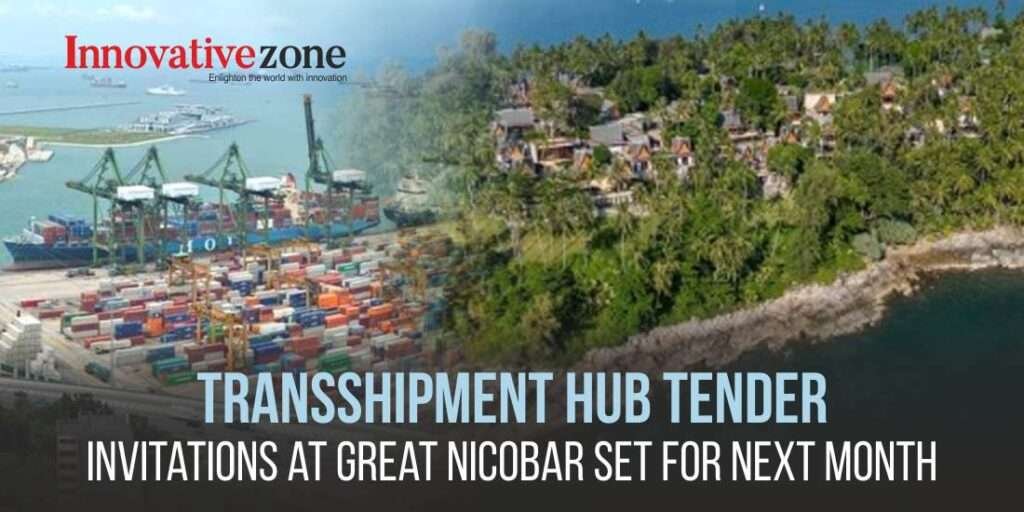Transshipment Hub Tender Invitations at Great Nicobar Set for Next Month
Written by Sanjay Kumar
News Highlights
- Tenders invited for the first phase of the strategic transshipment terminal.
- Great Nicobar: Positioned 40 nautical miles from vital sea routes, enhancing India’s role in international trade.
- PPP Boosts Maritime Infrastructure: Government-backed core development with private firms operating, marking a paradigm shift in India’s maritime capabilities.
In a significant move to bolster India’s maritime infrastructure, the government is gearing up to invite tenders for the ₹18,000-crore first phase of the international container transshipment terminal at Great Nicobar next month. Sarbananda Sonowal, the Minister of Shipping, Ports, and Inland Waterways, revealed that nearly a dozen entities have expressed interest in the project, with Larsen & Toubro Ltd, Afcons Infrastructure Ltd, and JSW Infrastructure Ltd among the notable contenders.
The Ministry of Shipping, Ports, and Inland Waterways is poised to finalize a cabinet note for the public-private-partnership project over the next three to four weeks. The in-principle approval from the union finance ministry has set the stage for the initiation of the bidding process. The first phase of the ambitious project aims to create four million twenty-foot equivalent units (TEUs) or 60 million tonnes of containerized cargo capacity, with berthing facilities, worker townships, and a breakwater facility for ships.
Despite initial delays attributed to green clearances and environmental opposition, the project is now back on track. The Great Nicobar transshipment hub holds strategic significance, positioning India as a key player in the international sea route from the eastern border of Russia and China to the Middle East, Europe, and Africa. Located just 40 nautical miles from the international sea route, the hub boasts a natural draft of 20 meters, making it suitable for berthing large ships.
The entire project, a part of the ₹72,000-crore Great Nicobar initiative, is anticipated to take 28 years to complete, contingent on the volume of business the hub attracts. The comprehensive plan includes an international airport, a township, area development, and a gas and solar power plant on the island.
The first phase of the transshipment hub project will focus on developing crucial port infrastructure, such as breakwaters, berths, storage areas, and utilities. As a public-private-partnership (PPP) project, the core infrastructure will be developed with government support, while private firms will operate the port and container services for 30-50 years, sharing revenue with the government.
Great Nicobar’s strategic importance lies in handling over 75% of India’s transshipment cargo currently managed by ports outside the country. The proposed facility at Great Nicobar is poised to redirect a significant portion of this cargo, further solidifying India’s presence in international trade routes.


